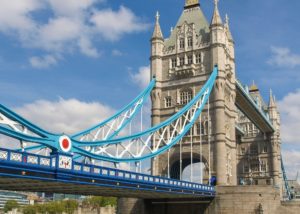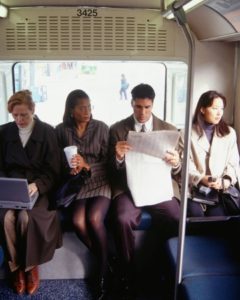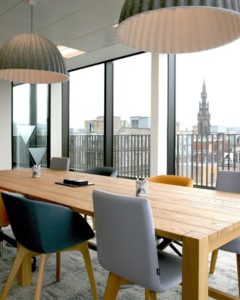Everything came to a standstill.
The shop shelves were empty and you couldn’t find loo roll for love nor money. If you were to have joined me on a cycle ride around the streets of London, you could have been forgiven for thinking that we’d stumbled on to the set of a 28 Days Later sequel, they were deserted save for the odd construction worker or photo journalist trying to capture the eeriness of what was once our bustling capital city. Everyone who could, was now WFH (working from home).
As the months wore on, the joy of getting to WFH all the time was wearing a bit thin (as a bit of an occasionally extroverted-introvert with just my partner and no housemates or dependents I was originally part of the “loved it” camp), being confined to my two bed flat with only a small north facing balcony I was craving some proper outdoor space.
And then came June, we were given a glimmer of hope and started to be allowed out again for more than just our “daily exercise”. That was when I began to notice something, every residential street I turned down not only had rainbows in their windows, but there was also a forest of multi-coloured placards bearing the words “FOR SALE” starting to pop up at a rate I’d never seen before. It seemed that I wasn’t the only one feeling a little too confined to their surroundings.
As I spoke to various neighbours and estate agents near my Zone 2 flat, there was a general theme coming through: “Why are we paying so much to live so close to the city in such a small flat/house with no garden, if we can work from home so successfully and only need to be in once in a blue moon, we’re happy to put up with a longer commute on the odd day one might need to go in. We’d rather have a bigger place with outdoor space and access to the forest / beach / mountain.”
And with that, the housing market in London went from stagnant since March, to seemingly rocket speed, completely missing the usual summer house sale hiatus as people began their escape to the country. Perhaps quietly confident that they would finally be able to live the country / non-city life, with that big house / garage / garden that they’d always wanted, knowing that this WFH thing..… well, it worked.
So, the question is, what happens next? And not just in London, but all cities across the UK? There certainly are a few more questions that likely only time will tell in the long term, like what will the impact be on the housing market, tourism and entertainment?
Was the move out of cities, just a reaction to the start of the pandemic? When everyone said we would be working from home forever, and a few months in, people have realised that we missed it (well parts), the social interaction, the ability to collaborate and to bounce ideas with spontaneity. As the world opens up, will we realise just what the benefits for living in the city really are?
I wonder if the big offices blocks that form the city sky line I can see from my window will ever be full again, and although I don’t know the answer, I do know we need different spaces, and that what many of us have been doing for years, has finally been opened up to us all – working from home and an office, a hybrid of both has created new opportunities, for both employees and businesses.
People want flexibility and choice, and for many, the pandemic has finally created that option.



